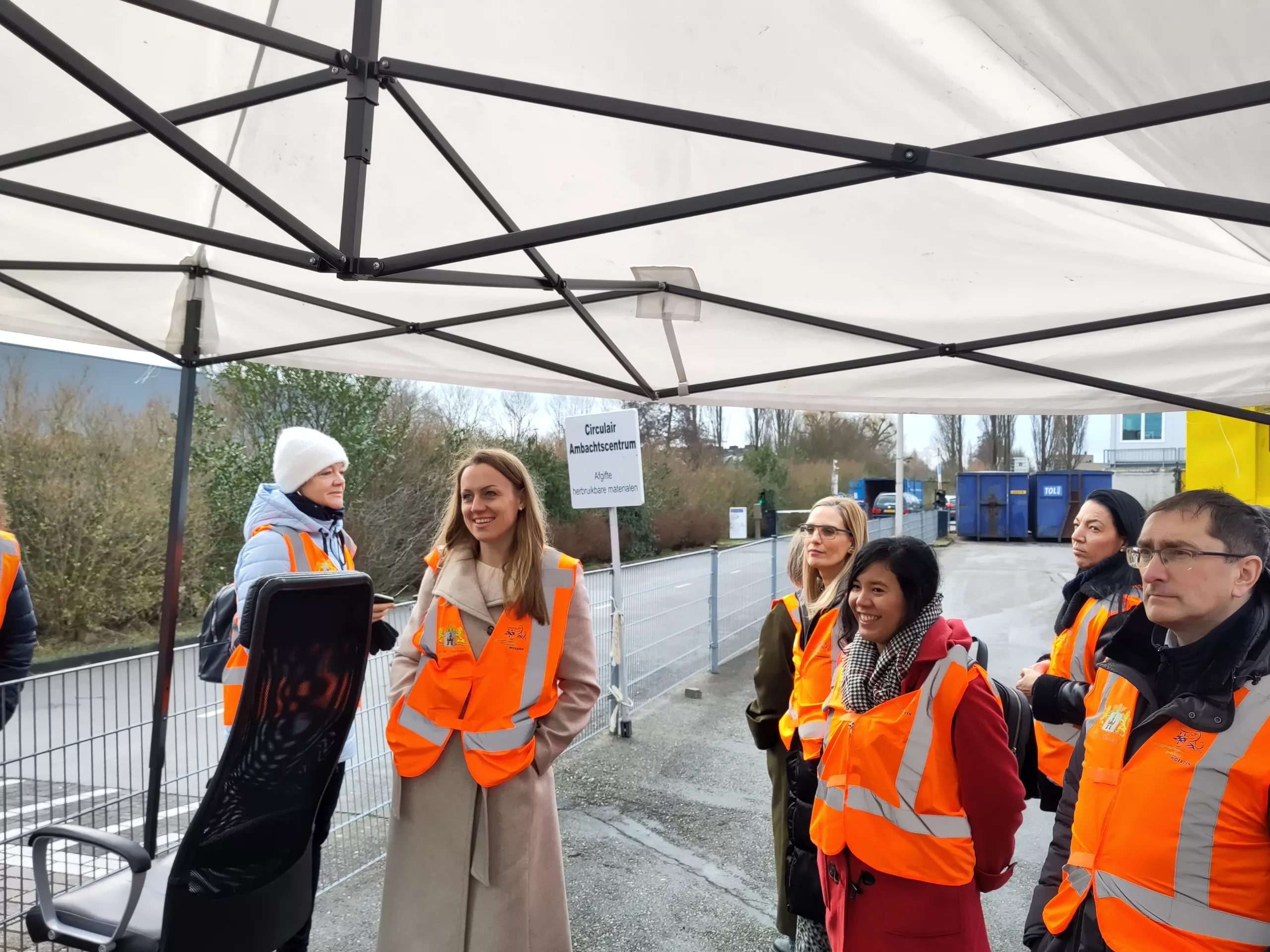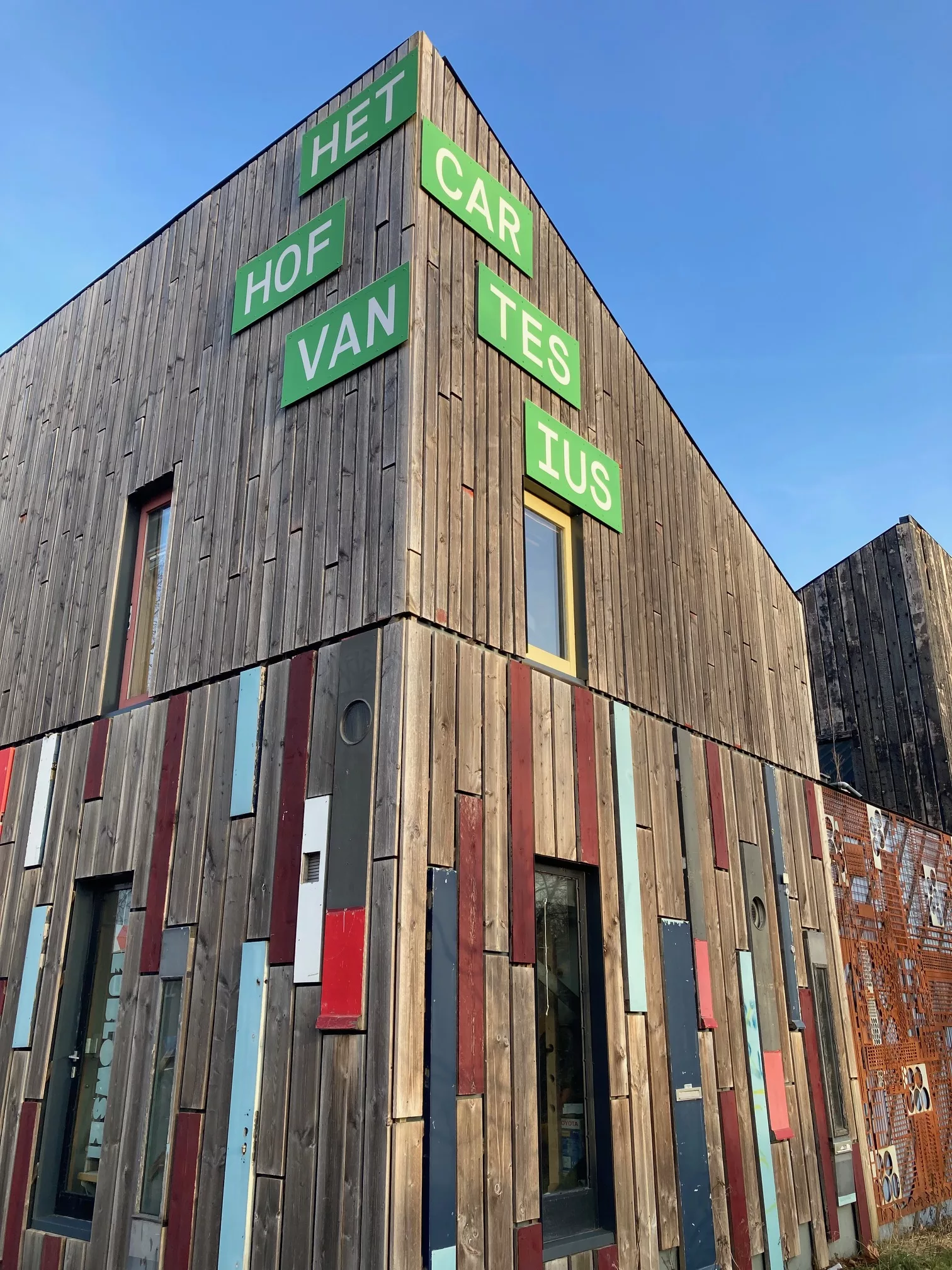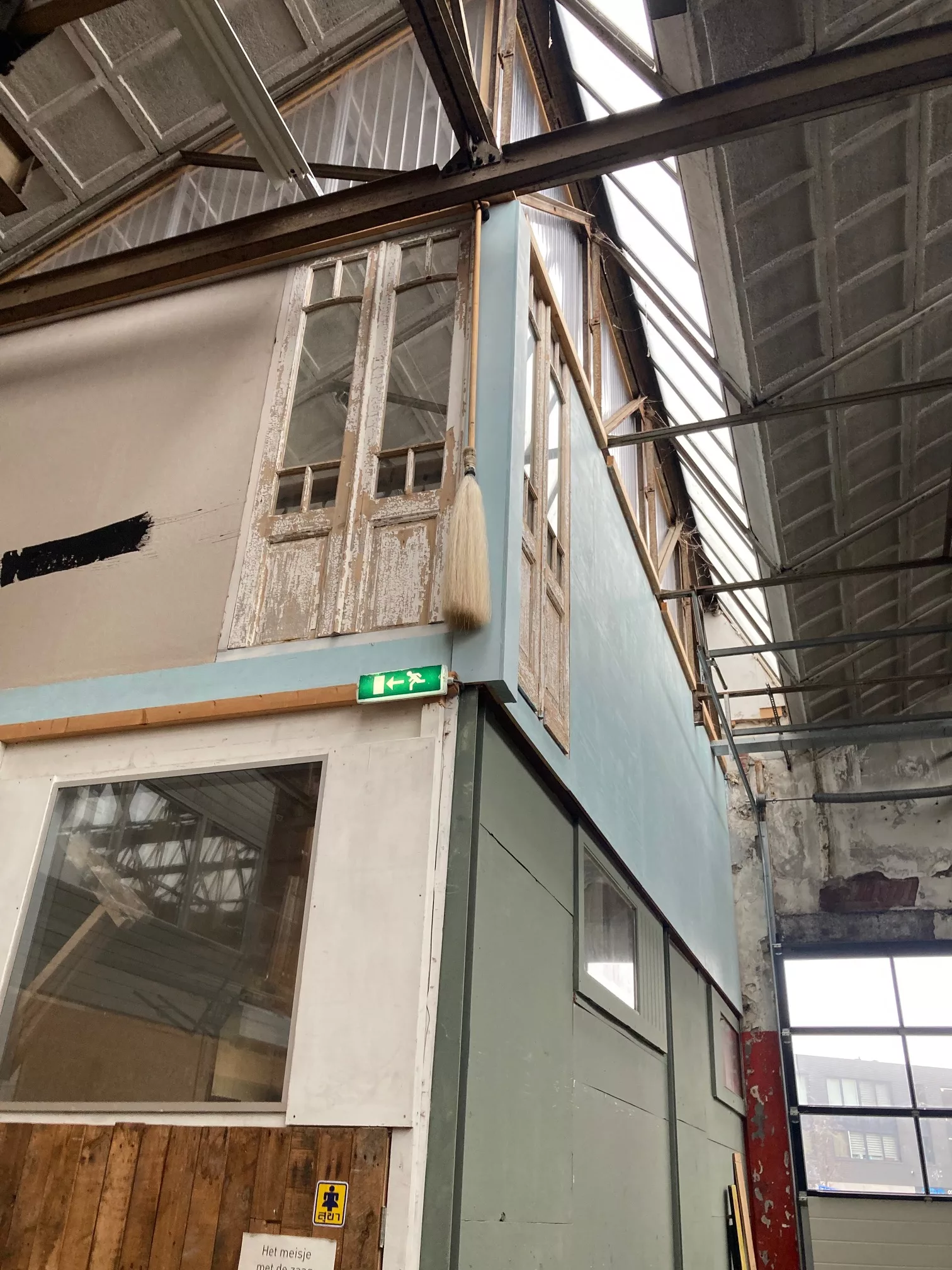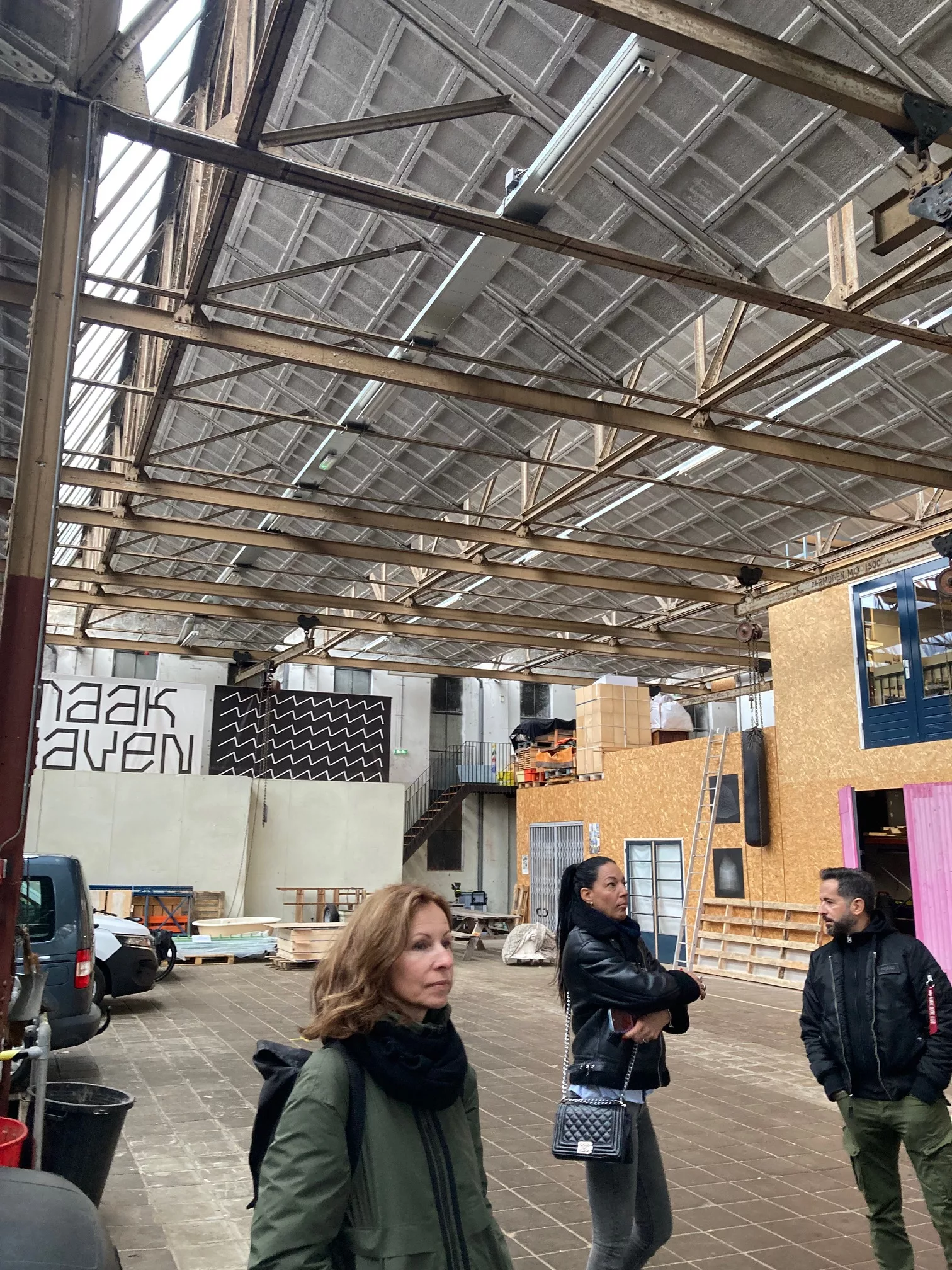Municipality of Kavala Invests in Knowledge Transfer on Bulky Waste Management
On 29 – 31 January 2024, the Municipality of Kavala (Greece) participated in the study visit of EUKI project CURE+ – Centres for Urban Resources, Reuse and Remanufacture in the Netherlands. Kavala was represented by K. Delimambamidis and M. Bika, members of the Municipality’s Cleaning Department, as well as Ms Chatzivaryti Io, advisor to the Mayor of Kavala and member of the CURE+ project team.

The study visit aimed to get acquainted with structures and initiatives in the Netherlands to recycle bulky waste. The participants were interested in the CIEPs involved in processing and reusing MSW materials and the highly organized system of reuse, meeting the furniture needs of vulnerable social groups at the neighborhood level, and creating jobs for unemployed people through this activity. Large Dutch private companies in the building materials sector are actively contributing to the system of reuse by supporting the efforts of local CSOs in processing and recycling their products as part of reducing company’s carbon footprint. Kavala’s interest was focused on the reuse center in the Hague, where architects and professionals in the cultural industries sector, in cooperation with the bulky waste collection service, operated workshops for processing and reusing bulky objects for use in their design projects.
The meeting concluded with a summary of what was presented and highlighted examples that could be adopted in Kavala as well. The next study visit is scheduled for the end of February 2024, this time to cities in Denmark and Sweden.
Municipality of Kavala is implementing CURE+ project in cooperation with the Riga Energy Agency (leading the project), the City of Tartu, Amsterdam University of Applied Sciences and Elisava Barcelona School of Engineering and Design. The project aims to improve the management of municipal waste through the reuse of useful waste by respecting the principles of the circular economy.



